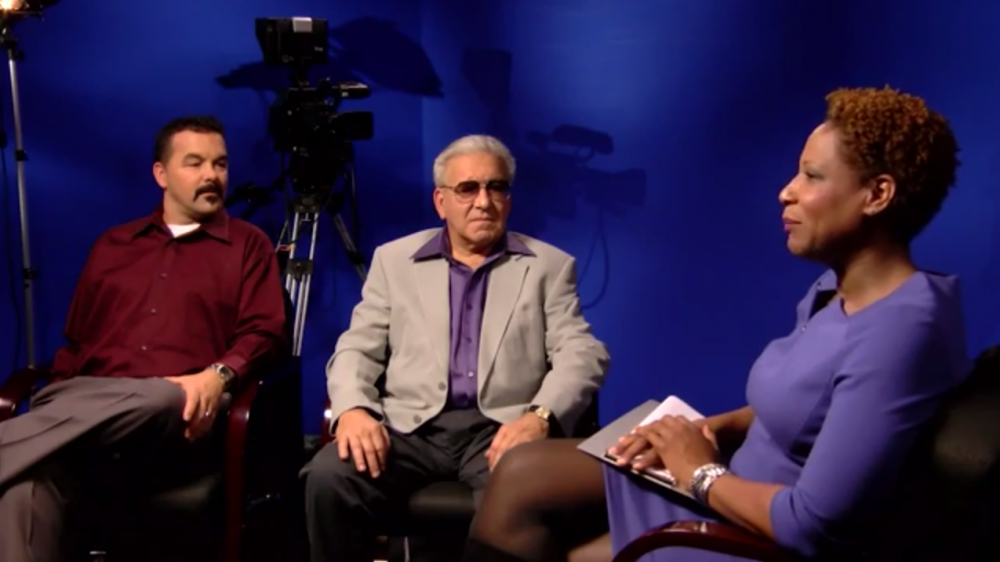Can you relate to this scenario? You have already received your results for a DNA paternity test and, for your own personal reasons or perhaps for legal ones, you’ve decided to test again. This time your results were different. Perhaps the only factor that changed is where you tested your samples. You begin to question the accuracy of the lab(s) and the test itself. You sent in the same mother, child and possible father both times, and now you’re questioning the accuracy of the lab and the test.
Remember one thing: DNA is consistent and unchanging. DNA does not change over time or even because it was tested in a different lab.
DNA Lab Accreditation
At IDENTIGENE, we know the importance of DNA results and how they can be life-changing. We are an accredited laboratory and follow very strict guidelines to ensure accurate results. Maintaining these accreditations includes regular inspections by the accrediting agencies. IDENTIGENE is currently accredited by the AABB, L-A-B and New York State Department of Health. Any test done with IDENTIGENE will produce the same results as another lab with similar accreditations as long as each lab receives the correct samples from the same people participating in the test.
Personal Paternity Test
Back to our scenario. When collecting samples with a Home Paternity Test, be sure all participants collect and mail samples together. Participants may not live close to each other or there may be other reasons to collect and send samples separately. When a test is done separately, each person must be careful to avoid mistakes (or tampering) with the DNA sample collection swabs. In these situations, the integrity of each person is critical. If test results from two accredited labs are different, chances are it’s one of two scenarios:
- It’s possible that there was an honest mistake in collecting the samples.
- It’s also possible that one party intentionally tampered with the swabs before mailing them to the lab (see article about paternity fraud.)
In either case, a witnessed collection (legal DNA test) is your solution.
Court-Admissible Legal DNA Test
The only difference between a court-admissible DNA test and an at-home paternity test is the collection. A court-admissible test requires a disinterested third party to witness the DNA collection and verify identities of the participants being tested. Participants must show a valid form of picture ID in order to participate and have their DNA samples collected. Part of the witnessed DNA collection process includes a Chain of Custody Form, used to document who had control and possession of the DNA samples. A witnessed collection by a third party eliminates the chance for mistakes or tampering with the samples.
Guaranteed-accurate DNA Test Results
We guarantee the accuracy of our results and this guarantee depends on the correctness of the samples we receive. This is why it is so important to know, without any uncertainty, whose samples are being sent to our lab.
- For at-home collection, its best for all parties to collect samples together, helping each other to avoid mistakes. It’s also important that all parties mail the samples together, so there’s no chance for tampering.
- If collecting together is not possible, then consider a witnessed collection. (A witnessed collecting is required when testing for legal purposes, such as child support or immigration.) A collector guards against any potential problems by verifying the participants’ identities and helping to avoid tampering or mistakes of any kind.
Follow us on Facebook and Twitter! If you have questions about paternity tests or other DNA testing services, please contact our Client Support Center at 888-404-4363, Mon-Fri from 9 AM to 6 PM Eastern Time. Our friendly, expert representatives are ready and happy to help. Get answers anytime by visiting our Help Center.









